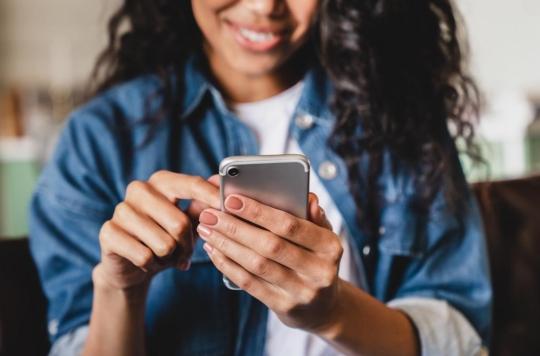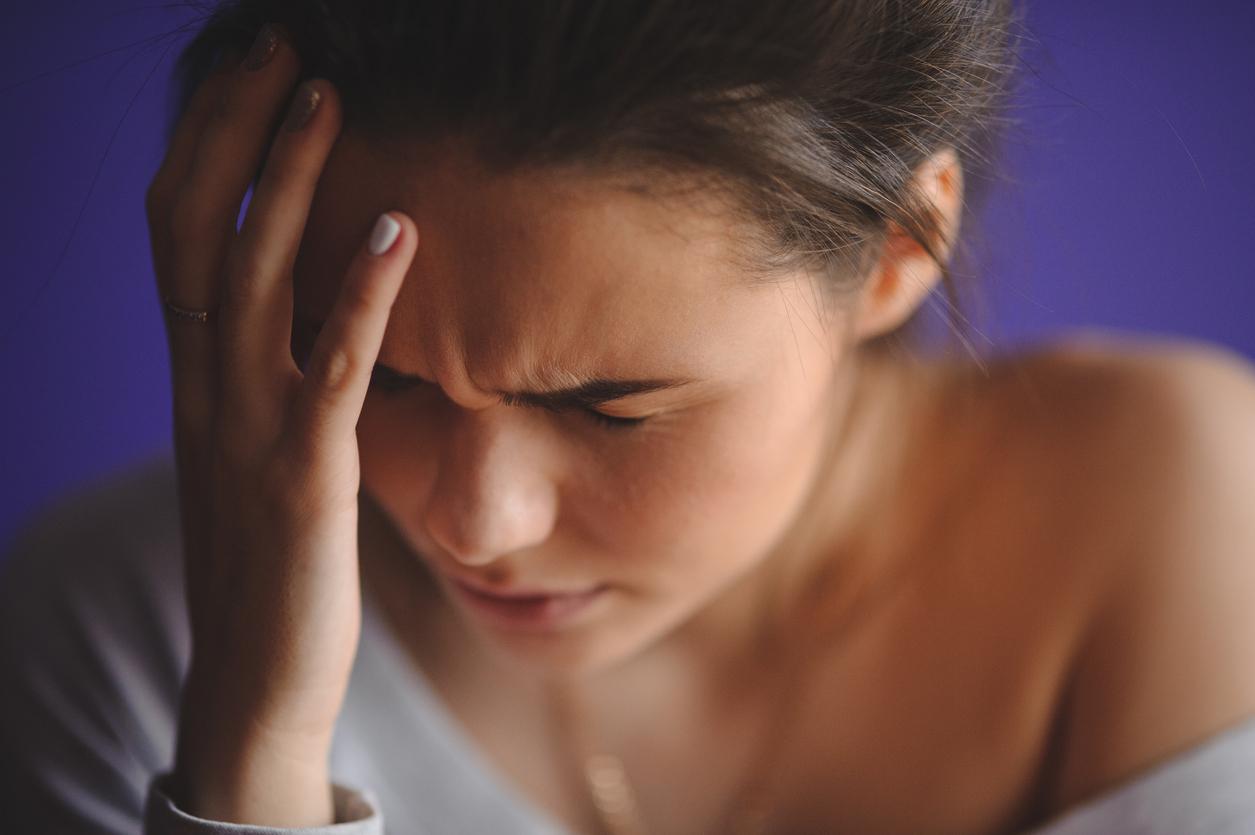Spending an hour less a day on your phone reduces anxiety and depression symptoms, and nicotine consumption. Conversely, satisfaction and time for physical activity increase.

- According to a study by 01net, the French spend an average of 3h30 per day on their smartphone.
- People who can’t do without their phone have nomophobia.
- Some phones offer blocking systems to limit the time spent on certain applications.
The smartphone has gradually imposed itself in our daily lives, and today it has become essential for many people. But in recent years, its use has raised several questions: is it harmful to our health? On the one hand, different studies have shown that too much use can be bad for the eyes or the back, but other research has also shown that some people can be “addict” on their telephone. Faced with these various findings, German researchers have raised a hypothesis: can reduced use of the telephone improve our state of health? They tested it during an experiment, the results of which they publish. in the specialist journal Journal of Experimental Psychology Applied.
Cigarette, sport, anxiety: what is the impact of the smartphone?
Dr. Julia Brailovskaia, a psychologist at the Ruhr-Universität in Bochum (Germany) and her team recruited more than 600 participants to carry out various tests on the supposed benefits of reduced smartphone use. Three groups were formed: in the first, the smartphone was banned for a week, in the second, it was necessary to reduce its use by one hour a day, and in the last, the participants could continue to do as usual. Researchers asked all participants about their lifestyle habits and well-being immediately after the test, one month after, and four months later. For example, they asked them if they had practiced a physical activity and if so, for how long, their consumption of cigarettes was also noted, but the scientists were also interested in their well-being and the possible signs of anxiety and depression. “We found that going completely smartphone free and cutting one hour off daily use had positive effects on participants’ lifestyle and well-beingsummarizes Julia Brailovskaia. In the group that reduced their consumption, these effects lasted longer and were therefore more stable than in the abstinence group..”
It is not necessary to do without it completely
The experiment had long-lasting effects for the participants: four months later, members of the abstinence group spent an average of 38 minutes less each day on their smartphones. For those in the group that only reduced usage, the drop in usage amounted to up to 45 minutes per day. At the same time, the researchers observe that overall satisfaction and time devoted to physical activity increased, while symptoms of depression and anxiety as well as cigarette consumption decreased. “You don’t have to give up the smartphone altogether to feel betterconcludes Julia Brailovskaia. There may be an optimal daily usage time.”

















